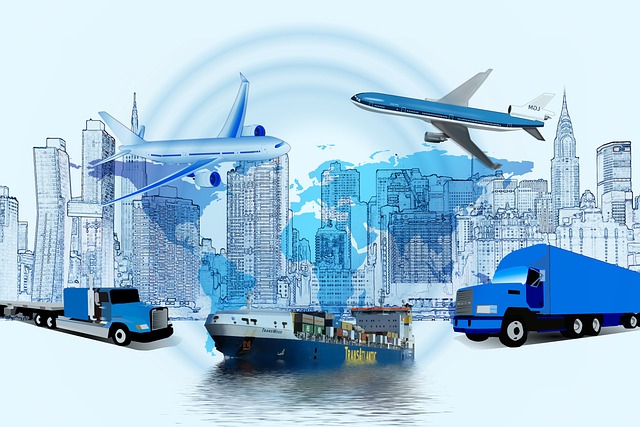-
European businesses welcomed the Philippines’ rise 17 places to the 43rd spot on the World Bank’s Logistics Performance Index
-
European Chamber of Commerce of the Philippines expressed further support to government measures that will aid logistical efficiency as well as customs and trade facilitation
-
ECCP called for timely implementation of the 10-year Maritime Industry Development Plan and full operation of the National Single Window and its integration with the ASEAN Single Window
The European Chamber of Commerce of the Philippines (ECCP) welcomed the country’s rise 17 places to the 43rd spot on the World Bank’s Logistics Performance Index (LPI).
The ECCP issued a statement this week saying it “lauds and celebrates the recent release of the World Bank report.”
“In an increasingly globalized world, seamless and sustainable trade is essential. The Chamber further supports measures that will aid logistical efficiency as well as customs and trade facilitation,” the ECCP said.
In the seventh edition of its LPI report entitled “Connecting to Compete: Trade Logistics in the Global Economy,” the World Bank gave the Philippines an index score of 3.3 this year, a significant improvement from 2.9 in the last report in 2018.
The 2023 LPI used the key criteria of logistics performance, including border clearance efficiency (customs), infrastructure quality, timeliness of shipments, ease of arranging competitively priced international shipments, competence and quality of logistics services, and ability to track and trace consignments, assessed at the country level on a 5-point scale.
The latest LPI follows three years of unprecedented supply chain disruptions during the COVID-19 pandemic, when delivery times soared.
The World Bank said “disruptions of global value chains have revealed the crucial importance of logistics systems” as supply chain resilience and its national security implications have emerged as top concerns…that are often linked with supply chain security.”
The lending institution acknowledged “the capacity of developing countries to efficiently move goods and connect manufacturers and consumers with international markets is improving,” but added much more is needed to close the “performance gap” between high and low performers.
In the Philippines’ case, these “gaps” were pointed out indirectly by the ECCP in its statement.
The chamber called for further improvement by “timely implementing the 10-year Maritime Industry Development Plan (MIDP); fully operationalizing the National Single Window (NSW) and integrating it with the ASEAN Single Window (ASW)”.
The ECCP also urged the Philippines to uphold the International Commerce Terminology (Incoterms) and “officially [clarify] the lead government agency responsible for matter relating to shipping rates and port congestion”.
The chamber called on the government to fully operationalize the NSW and integrate it with the ASW. The NSW Phase 1, which was operated by the Bureau of Customs since its launch in 2010, was deployed in 2011. But in 2017, the NSW Steering Committee adopt TradeNet as the new NSW instead.
The two other suggestions from ECCP are for the Philippines to uphold Incoterms, an internationally recognized set of trade term definitions developed by the International Chamber of Commerce, and an official clarification of which lead government agency is responsible for shipping rates and port congestion.
The Maritime Industry Authority (MARINA) and Philippine Ports Authority are two regulatory bodies with overlapping supervision of the country’s maritime industry.
As for the country’s 10-year MIDP, a particular focus of the European Union regarding this development plan as its impact on the quality of Filipino seafarers who the country will be sending to work on shipping operators overseas, most of which are European companies.
The MIDP aims to ensure competency in the country’s maritime human capital, aside from ensuring the development and the expansion of the Philippine merchant fleet.
On March 31, the European Commission decided to continue its recognition of the Philippines’ training and certification system for seafarers, which had been a subject of debate after a European Maritime Safety Agency audit revealed the country’s noncompliance with STCW regulations.
RELATED READ: EC extends recognition of PH seafarers’ certificate
In December 2021, the EC informed the Philippines that recognition of their seafarer certificates would be withdrawn unless serious measures were taken. Non-acceptance of the certificates would have cost the jobs of nearly 50,000 Filipino seafarers on European vessels, according to MARINA.









